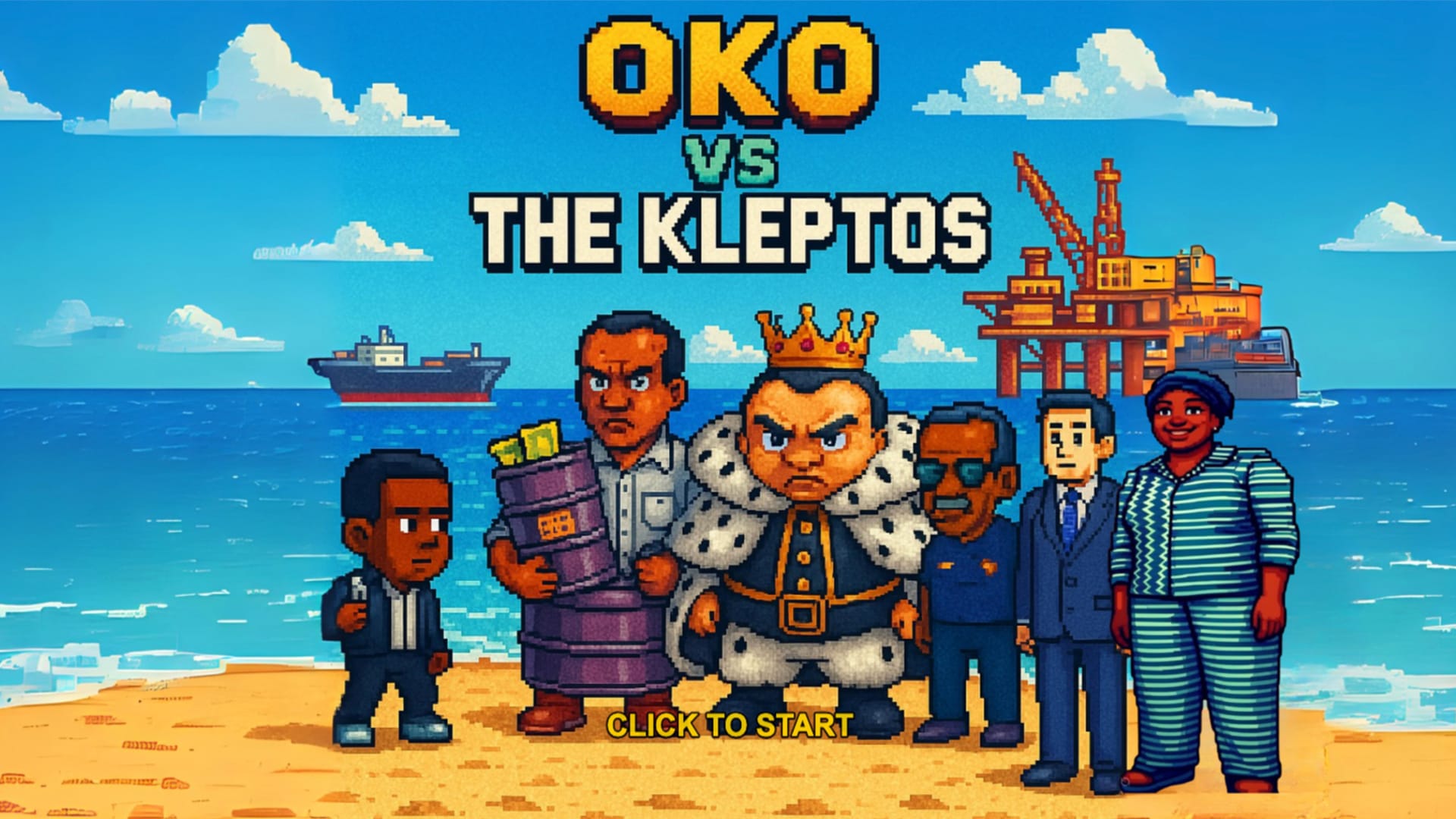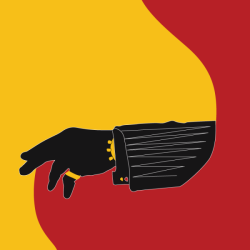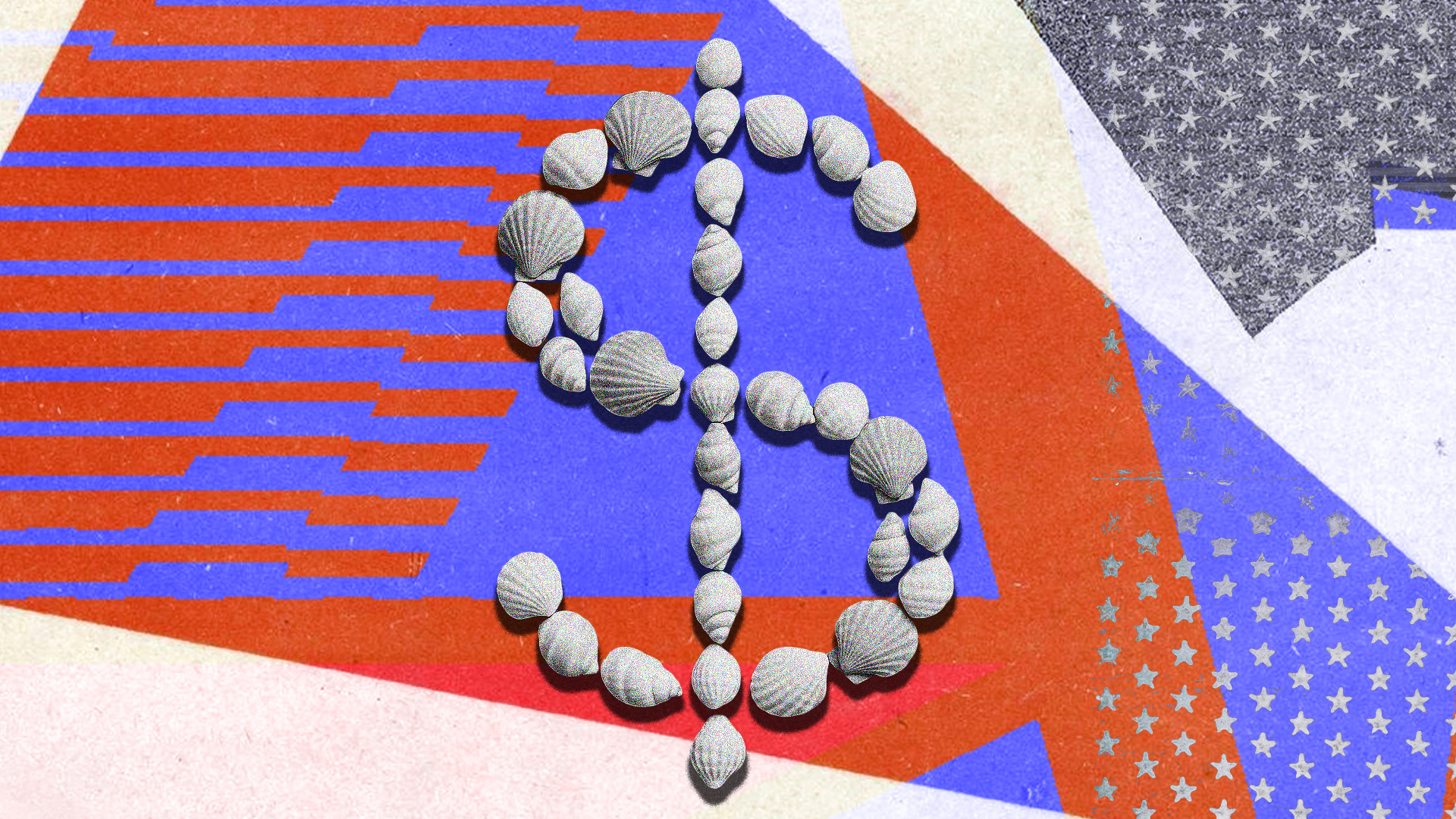
Derailing the Kleptocrats’ Gravy Train
Last week, I went to Montserrat on a research trip, the fruits of which I may one day divulge to you, if indeed there ever are any. It is a small British island in the Caribbean with the unusual distinction of being an ex-tax haven.
I am fascinated by the dynamics of how small jurisdictions decide to monetise their sovereignty in an age of globalised money flows. Most recently this has involved places like Dubai, Ireland and South Dakota, but back in the 1970s and 80s, it was a process centred on islands in the Caribbean that were ideally positioned to help people from both North and South America dodge taxes and launder money.
”By most accounts, it was a stunningly sleazy climate in which to operate”, it says in this fun article on the cricket entrepreneur and convicted fraudster Allen Stanford, whose huge Ponzi scheme started life in Montserrat. “The vast majority of the Montserrat instabanks existed only on paper; their owners scarcely if ever visited the island. Scores of these banks would later be probed by British and U.S. authorities. One, Zurich Overseas Bank, whose owners would be indicted for fraud in Detroit, operated out of the Chez Nous tavern in the Montserrat town of Plymouth”
Of course it takes more than a few investigations to get a British overseas territory out of the sleaze business – for evidence, look no further than the British Virgin Islands, which are once again under “increased scrutiny” after missing a deadline this summer to institute more corporate transparency. And in Montserrat’s case, it took a volcano. In 1995, the Soufriere Hills awoke after a long period of dormancy and, over the next couple of years, obliterated Plymouth, (you can see some photos I took on my Instagram of what it looks like now) which made it impossible to maintain any kind of life there at all, let alone a business.
Montserrat is a beautiful island, with turtles burying eggs on its beaches, hummingbirds dipping into flowers, and odd creatures called agoutis zooming about, but it’s suffered terribly. Most of the population has left, and half the island is still an exclusion zone. It would, in short, be nice if there were a better way to get jurisdictions out of the money laundering game than blowing them up. There is, of course, another way to do it, with no volcanoes involved, but to find out about that and to judge for yourself whether it’s better or worse than what happened to Montserrat, you’ll need to buy my new book, “Everybody Loves Our Dollars”, which is coming out in January (available for pre-order now).
THE CROOKED POLITICIANS’ CLUB
That’s not say that blowing things up is necessarily bad, particularly if you play this gloriously old-school computer game, in which you are an anti-corruption activist seeking evidence against the kleptocratic rulers of The Republic of Congo by bouncing about, shooting at them, and eventually gathering evidence that they’re rigging elections. I am not a skilled gamer, but I do like a 2D shoot-‘em-up.
Denis Sassou Nguesso has, but for a violent five-year interruption, been president of Congo (often called “Congo-Brazzaville”, to distinguish it from its neighbour, the Democratic Republic of Congo) since 1979. He has been accused of establishing one of the world’s most egregious kleptocracies, with family members becoming vastly wealthy thanks to corruption around the nation’s oil reserves, and investing some of these proceeds in France and the United States.
Anyway, he’s seeking re-election next year, which is likely to be a formality, but – as the game shows – anti-corruption activists from the Sassoufit Collective are not giving up yet. “Congo is heading toward a future where incompetence will replace greed, where amateurism will replace bad faith, and where the state risks becoming a mere family patrimony,” it said in August. Sassou Nguesso is no longer as welcome in Western capitals as he once was. Fortunately, he has found new friends in Vladimir Putin and Xi Jinping, so that’s nice.
Sassoufit Collective’s founder, Andrea Ngombet Malewa, has previously warned his compatriots against allying too closely with China, which he argues is an accelerator of kleptocracy. “One of the most alarming results of Sino-Congolese cooperation in recent years has been the establishment of a banking structure that allows money to move across international borders without the standard accountability and transparency measures associated with financial institutions based in the democratic world,” he wrote in 2023. Of course, that was before the US crypto-rush. There are now quite a lot of blockchain-enabled options for kleptocrats seeking financial solutions without “standard accountability and transparency measures”, and more appear all the time.
President Sassou Nguesso’s exclusion from Europe and resulting pivot towards China is the fruit of hard work by the excellent people of Sherpa, a French anti-kleptocracy group. For years, they insisted that French prosecutors should investigate foreign politicians’ property ownership in France. The prosecutors did not want to, but were eventually given no choice. All kinds of delicious carnage ensued, featuring the leaders of Congo, Gabon and Equatorial Guinea. Piqued, the politicians flounced off to Beijing and Moscow.
That all looked like a final convulsion for the unlovely Francafrique policy, in which politicians in Paris and various African autocracies propped each other up with money, diplomacy and covert operations. But then last week Nicolas Sarkozy was jailed for five years for supposedly soliciting funds from Libya’s Muammar Gadaffi, in what felt like a repeat of the old tricks French politicians got up to, so perhaps those ancient friendships persist after all.
Incidentally, Sherpa joined the Sarkozy case as a civil party more than a decade ago and pushed for the ex-president’s prosecution, showing a template for what civic-minded lawyers are able to achieve. “This case is not limited to one French election. It reveals how certain political and economic elites have deliberately turned a blind eye to the predatory practices of authoritarian regimes and actively participated in the misappropriation of funds,” the NGO said in a statement.
On the other side of the channel, however, there is a different legal tradition and Sassou Nguesso appointed a London law firm to push back against allegations of kleptocracy. That was almost two decades ago, and perhaps lawyers would be more circumspect about who they choose to represent now. Or perhaps not, as unscrupulous law firms continue to use libel laws to help wealthy criminals evade scrutiny. So well done to the Tax Policy Associates for working hard to expose what’s sadly still going on.
A version of this story was published in this week’s Oligarchy newsletter. Sign up here.











